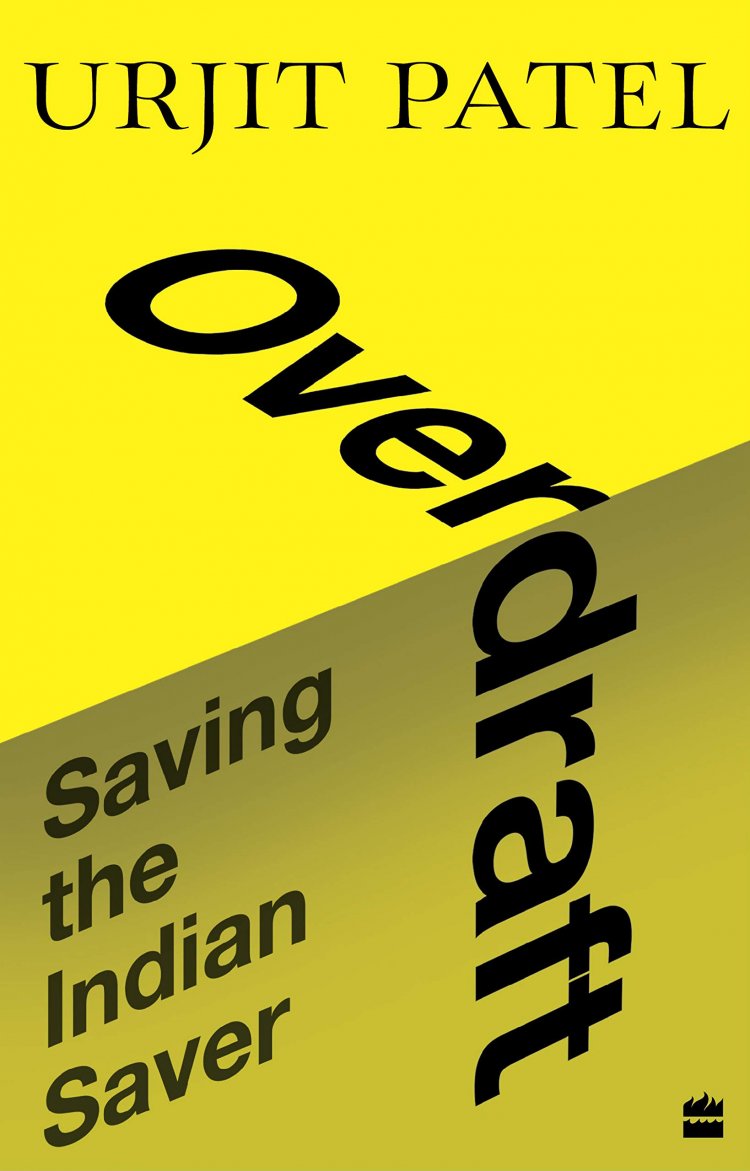Overdraft

Rating: 4.6/5
Author: Urjit Patel
Publisher: Harper Collins
Publishing Date: July 2020
Language: English
Genre: Business/Economics
ISBN-10: 9353579147
ISBN-13: 978-9353579142
Format: Hardcover
Pages: 248
Cost: Rs. 225 (Kindle Edition), Rs. 534 (Hardcover)
Plot:
All of us love to spend. But before we can do that, we have to have earned or saved some money. Only sovereigns don't have to: they can print money, or borrow; in our country, where they own banks, they can use our deposits to lend and splurge for goals that may not always be economic in nature. Many rulers have succumbed to the temptation, with dire results - inflation, debased currency, payments crises, bankrupt banks, economic stagnation, loss of public confidence. After centuries of ruinous experiences, some governments learnt, others haven't, to control themselves, create self-governing Central banks and let them manage money and regulate banks.
Sometime in 2015, news of unsustainable bad debts (non-performing assets or NPAs) in the Indian banking sector started to first trickle out, and then became a flood. In the forefront were some of India's largest government banks, and a series of tycoons who were running their empires on unpaid debts. The banks' problems landed on the table of Urjit Patel when he became Governor of Reserve Bank of India in September 2016.
In this book, he explains the problem and how it blew up; and how he would have resolved it if he had not been prevented.
Review:
In the book, based on thirty years of macroeconomic experience, Urjit Patel worked out the '9R' strategy which would save our savings, rescue our banks and protect them from unscrupulous racketeers.
The banking crisis, Patel points out, has its origins in unrestrained credit expansion undertaken by the central government to fuel economic growth.
As government owns a large part of the banking system and as its fiscal headroom is limited, it uses public sector banks (PSBs which Patel calls GBs or government-owned banks) to pump-prime and stimulate the economy a process Patel calls fiscalisation of the banking sector.
He also very importantly points out that reckless lending combined with inadequate or misdirected incentives, poor risk-management processes in banks, delayed regulatory responses, regulatory forbearance, the growth euphoria which drowned out voices counselling circumspection and a marked propensity among businesses in India to use debt as opposed to equity to finance their businesses and to game the system combined to bring the banking system to its knees.
Patel points out how the crisis has stalled credit to credit-worthy borrowers as well as raised the cost of borrowing and weakened the interest rate transmission mechanism, to the overall detriment of the economy.
There is an interesting chapter of the book called ‘Cleansing the Augean Stables’ in which Urjit Patel (UP) talks about 7 R's ( Recognize the reality, Record, Report, Recovery, Resolution, (Reinforced Resolution),Recapitalization, Reset and Ring Fence. He describes how setting up CRILC helped find out NPAs in large accounts; Asset Quality Review done by RBI helped in bringing skeleton out of cupboard. He positively talks about role of IBC and later laments that the government itself diluted IBC and allowed pressure groups to work.
The book will help an average reader to learn many new concepts of finance and make them understand the financial history or the economic scenario of the country.
About the Author:
Urjit R. Patel served as the twenty-fourth governor of the Reserve Bank of India. During his tenure he was director of Bank for International Settlements and member of the Advisory Board of the Financial Stability Institute. Before his governorship he was the deputy governor in charge of monetary policy and chaired a committee on strengthening monetary policy.
From 2013 to 2018 he was principal/deputy in the G-20 and BRICS Finance Ministers' and Central Bank Governors' groups. Earlier, he worked with Reliance Industries and Infrastructure Development Finance Company. He began his career as an economist with the International Monetary Fund.
He has been a consultant to the Indian Ministry of Finance, and a non-resident senior fellow of Brookings Institution, Washington, DC. Last year, he was awarded the Willbur Cross Medal by Yale University. He is an honorary fellow of Linacre College, Oxford. He lives in Mumbai.















































